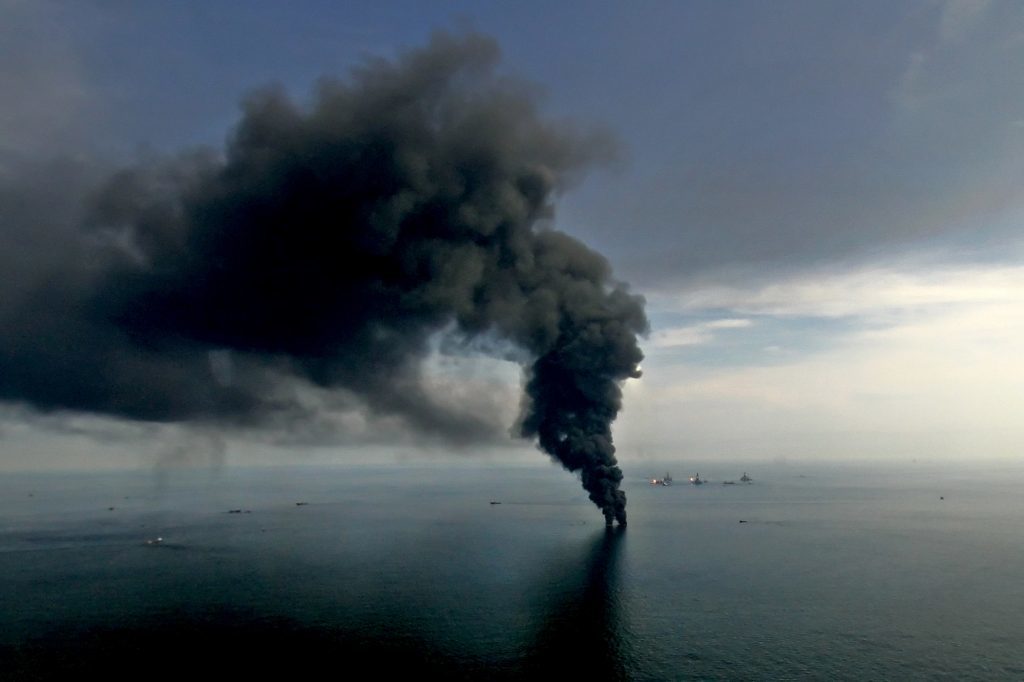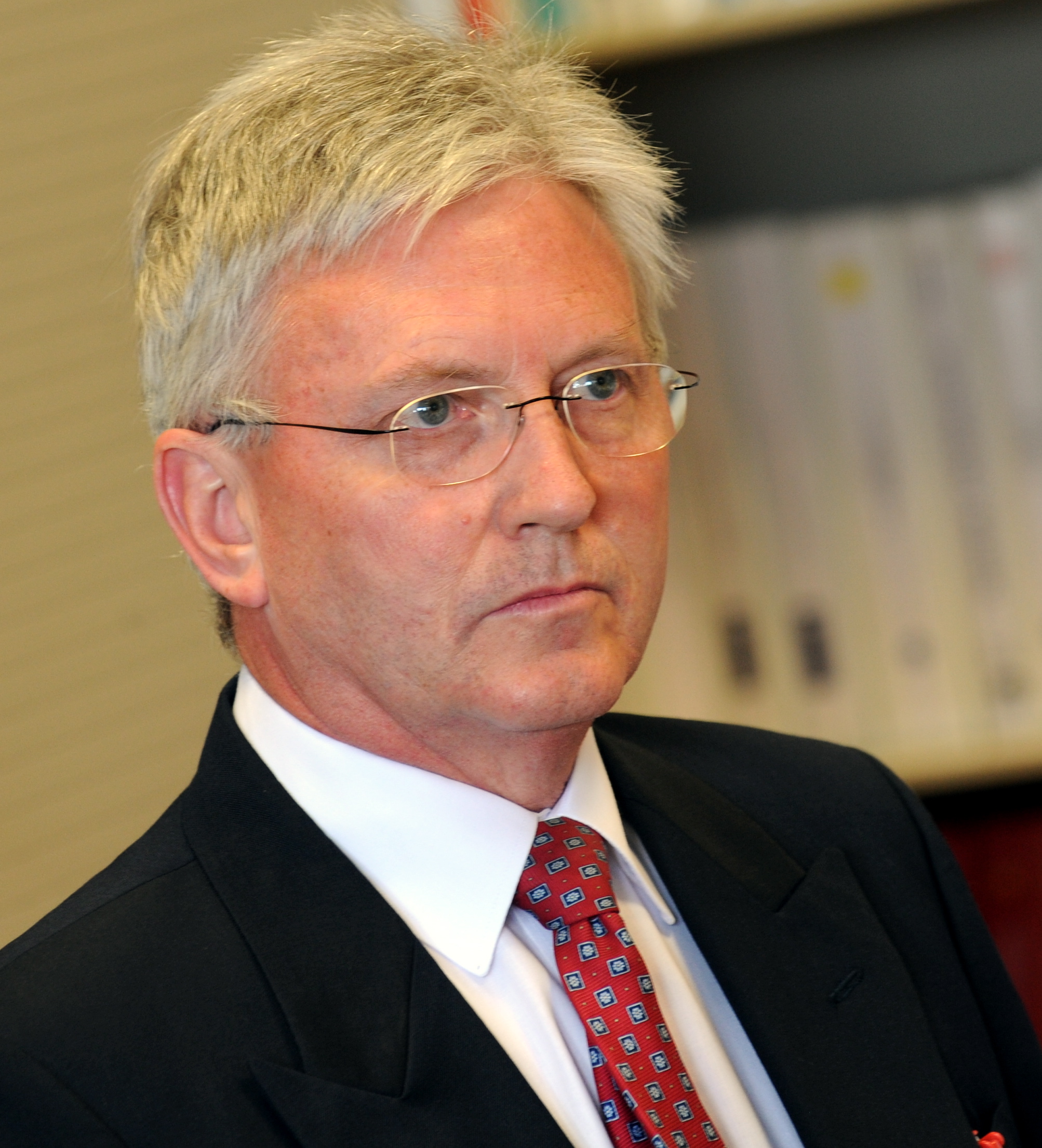
The Deepwater Horizon disaster forced the UK North Sea to “sharpen up its act”, reminding the sector of the “consequences of getting things wrong”, according to industry leaders.
Today marks 10 years since the blowout of the BP-operated Macondo well which killed 11 people and released a giant oil spill, considered to be one of the worst environmental accidents in history.
What followed was a race to ensure that major oil-producing regions around the world could continue to work safely, including the UK where offshore inspections surged and some assets were shut down.
ALSO READ: BP pledges to ‘never forget the lives lost, nor the damage caused’
Remembering those killed in the accident is “first and foremost”, according to industry veteran Mike Tholen, one of the top managers at trade body Oil and Gas UK (OGUK).
He said: “It reminded all of us of the consequences of getting things wrong at a human level, both in terms of lives lost and indeed in the broad environmental space.
“At the time, you saw many, many assets in the North Sea either turned down or even some turned off. The industry recognised that, whilst it was trying to keep on the right side of the safety and environmental line, it really had to look harder at what it was doing.
“We sharpened up our act. We had a very human desire to make sure that what we were doing was, and remains, the best we can do for what we’re trying to deliver for society.”
The North Sea set up the Oil Spill Prevention and Response Advisory Group (OSPRAG) to develop fresh guidance and a dedicated tool to cap oil wells which had blown out.
Brian Kinkead, who retired last year, headed up the technical review group responsible for bringing that to realisation and finding out whether another Macondo could happen in the North Sea.
He said: “After the incident everybody was looking at everybody else saying could it happen here?
“There was a lot of pressure on us at that time from the EU and the government to demonstrate that we could continue to drill and produce oil and gas safely.”
OSPRAG would complete its review within around six months of the Macondo incident, and go on to have its device factory-ready by July 2011.
The group produced a series of recommendations that were implemented industry-wide to address the risks of a similar event and better deal with the consequences.
These covered everything from competency and human factors to the way blow-out preventers are designed, with some actioned immediately, while others took longer over a three-year period and placed under constant review.
Mr Kinkead said: “What put us in a very good stead was we were able to get our work concluded very quickly and, because we were first out of the traps with something concrete to work on, a lot of people were looking at what we had done.
“I think as an industry in the North Sea we can be very proud of the way we responded to it.”
Similar efforts have been made globally.
The International Petroleum Industry Environmental Conservation Association (IPIECA) is a trade body which shares practice across the industry. The organisation supports dedicated oil spill prevention programmes in West, Central and Southern Africa, the Black Sea and Caspian Sea, South East Asia, China, and the Caribbean.
Brian Sullivan, who spent 23 years at BP, is executive director of the group which acts as the industry’s main line of communication with the United Nations.
He said: “As an industry we will never forget Deepwater Horizon and the human and environmental consequences that followed.
“We will continue to work together to prevent spills happening in the first place and ensure the highest levels of preparedness and response capability are in place to address the risk of future spills.”
Recommended for you


